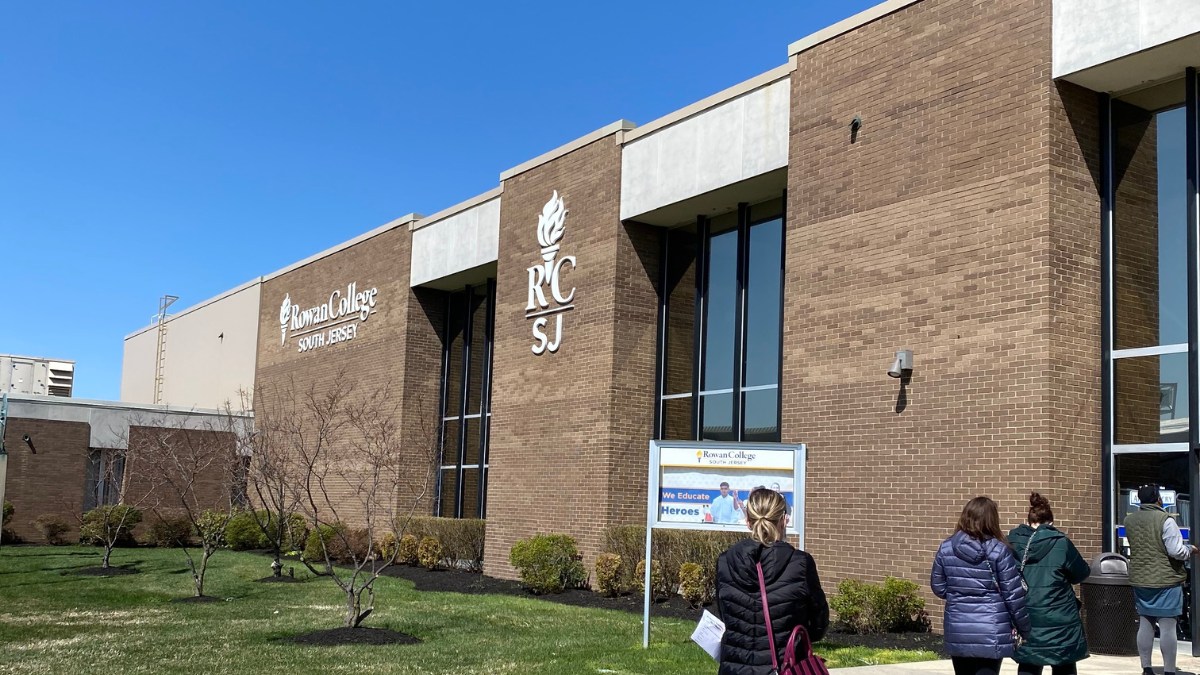## Forget Skynet, Get Ready for Rowan’s AI Revolution!
Hold onto your neural networks, folks, because the future is arriving sooner than you think. On April 15th, Rowan University is hosting an AI conference that promises to be anything but ordinary. We’re talking cutting-edge research, mind-blowing demos, and a chance to network with the brightest minds in the field.

Whether you’re a seasoned AI aficionado or just dipping your toes into the world of machine learning, this event is a must-attend. We’ll be diving deep into the latest developments, exploring the ethical implications, and maybe even catching a glimpse of what AI might hold for our future.

Building an “AI Economy”: Government Strategies and Incentives

The rapid advancement of artificial intelligence (AI) is reshaping industries and economies worldwide. Recognizing this transformative potential, governments are actively implementing strategies and incentives to foster the growth of an “AI economy” within their jurisdictions. New Jersey, in particular, has made significant strides in this regard, as evidenced by the upcoming “Artificial Intelligence: Challenges and Opportunities for New Jersey Government, Business, and Education” conference at Rowan University on April 15.
The New Jersey AI Task Force, co-chaired by Tim Sullivan, CEO of the New Jersey Economic Development Authority, has outlined a comprehensive roadmap for establishing New Jersey as a leading hub for AI innovation. This roadmap includes initiatives to attract top AI talent, support research and development, and create a favorable regulatory environment for AI-driven businesses.
One key incentive is tax credits and grants for companies investing in AI research, development, and deployment. These financial incentives aim to encourage businesses to adopt AI technologies and create new AI-powered products and services.
Furthermore, the state is investing in education and workforce development programs to equip its workforce with the necessary skills to thrive in an AI-powered future. This includes expanding AI-related curriculum in schools and universities and offering specialized training programs for professionals transitioning into AI-related roles.

Workforce Development: Preparing for the AI-Powered Future
The Skills Gap
The proliferation of AI technologies is creating a growing demand for skilled professionals in AI-related fields. However, there is a significant skills gap between the available talent pool and the industry’s requirements. This gap poses a challenge for businesses seeking to leverage AI effectively and for individuals looking to capitalize on the opportunities presented by the AI revolution.

Education and Training Initiatives
To bridge this skills gap, New Jersey is implementing various education and training initiatives. These initiatives aim to equip individuals with the foundational knowledge and practical skills necessary to succeed in AI-related roles.
- Curricula Development: New Jersey’s educational institutions are integrating AI concepts and technologies into their curricula at all levels, from K-12 to higher education.
- Specialized Programs: Universities and colleges are offering specialized programs and degree programs in areas such as machine learning, deep learning, and AI ethics.
- Industry Partnerships: Collaboration between academia and industry is crucial for ensuring that training programs align with the evolving needs of the AI job market.
- Upskilling and Reskilling: Initiatives are being launched to provide upskilling and reskilling opportunities for existing professionals who wish to transition into AI-related careers.
The Role of Government
The New Jersey government is playing a key role in workforce development by providing funding for education and training programs, promoting industry partnerships, and establishing career pathways for individuals interested in AI.
Ethical Considerations: Navigating the Societal Impacts of AI
Bias and Fairness
AI algorithms are trained on vast datasets, and if these datasets contain biases, the resulting AI systems may perpetuate and even amplify existing societal inequalities. It is crucial to address bias in AI training data and develop techniques to ensure fairness and equity in AI-driven decision-making.
Privacy and Data Security
AI systems often rely on collecting and processing large amounts of personal data. Protecting individual privacy and ensuring the secure storage and use of data are paramount ethical considerations in the development and deployment of AI.
Job Displacement and Economic Impact
The automation potential of AI raises concerns about job displacement and its impact on the economy. It is essential to consider the societal implications of AI-driven automation and develop strategies to mitigate potential negative consequences, such as job losses and increased income inequality.
Transparency and Accountability
AI systems can often be complex and opaque, making it difficult to understand how they arrive at their decisions. Ensuring transparency in AI algorithms and establishing mechanisms for accountability are crucial for building trust in AI technologies.
Practical Applications: AI in Action
Case Studies: How Businesses are Leveraging AI in New Jersey
New Jersey businesses are increasingly adopting AI technologies to enhance their operations, improve customer experiences, and drive innovation. Here are a few examples:
- Healthcare: AI-powered diagnostic tools are being used to assist physicians in detecting diseases earlier and more accurately.
- Financial Services: AI algorithms are employed in fraud detection, risk assessment, and personalized financial advice.
- Manufacturing: AI-driven robots are automating tasks on factory floors, increasing efficiency and productivity.
- Generative AI: This type of AI can create new content, such as text, images, and music, opening up exciting possibilities in creative industries.
- Explainable AI (XAI): XAI aims to make AI algorithms more transparent and understandable to humans, addressing concerns about black-box decision-making.
- Edge AI: This approach brings AI processing to the edge of the network, enabling faster and more efficient AI applications in devices such as smartphones and sensors.
Emerging AI Technologies: Innovations Shaping the Landscape
The field of AI is constantly evolving, with new technologies emerging at a rapid pace. Some of the most promising innovations include:
The Role of Education: Cultivating AI Literacy and Skills
Education plays a pivotal role in preparing individuals for the AI-powered future. Cultivating AI literacy—understanding the basics of AI, its capabilities, and its limitations—is essential for all citizens. Equipping individuals with the necessary technical skills to develop, deploy, and manage AI systems is equally important.
Conclusion
The upcoming AI Conference at Rowan University promises to be a pivotal event, bringing together experts, researchers, and enthusiasts to explore the transformative potential of artificial intelligence. From the ethical considerations surrounding AI development to its applications in diverse fields like healthcare and education, the conference tackles the multifaceted impact of this rapidly evolving technology. The discussions will undoubtedly shed light on the challenges and opportunities that lie ahead, shaping the future trajectory of AI and its influence on our lives.
This conference is not just about dissecting the technical aspects of AI; it’s about understanding its profound implications for society as a whole. As AI becomes increasingly integrated into our daily lives, it’s crucial to have open and honest conversations about its potential benefits and risks. The insights gained from this event will empower attendees to critically engage with AI, fostering responsible innovation and ensuring that this powerful technology is used for the betterment of humanity.







